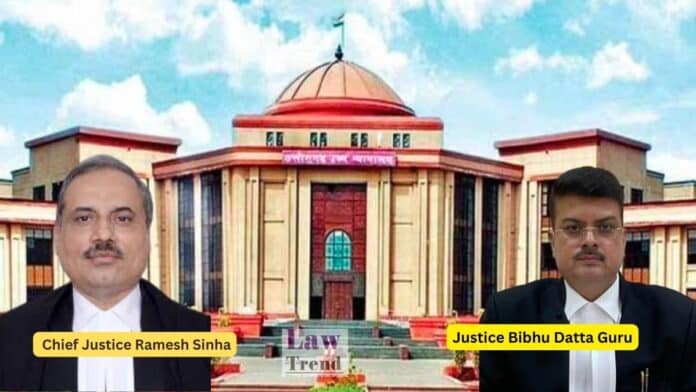The Chhattisgarh High Court has set aside the suspension order issued against Mansingh Bhardwaj, holding that it was passed by an authority lacking jurisdiction. The Division Bench comprising Chief Justice Ramesh Sinha and Justice Bibhu Datta Guru ruled that only an authority expressly empowered under the applicable rules could exercise disciplinary powers. Since the Collector
To Read More Please Subscribe to VIP Membership for Unlimited Access to All the Articles, Download Available Copies of Judgments/Order, Acess to Central/State Bare Acts, Advertisement Free Content, Access to More than 4000 Legal Drafts( Readymade Editable Formats of Suits, Petitions, Writs, Legal Notices, Divorce Petitions, 138 Notices, Bail Applications etc.) in Hindi and English.




